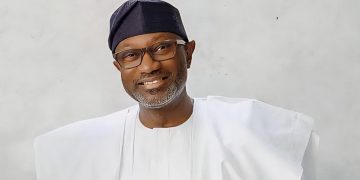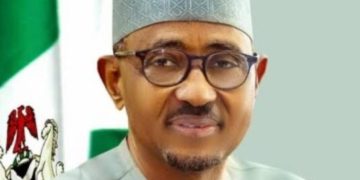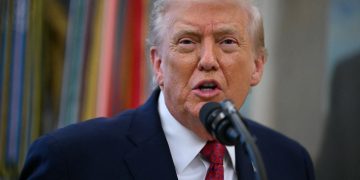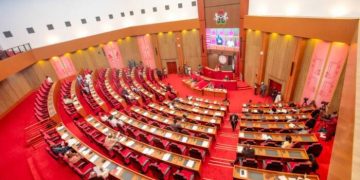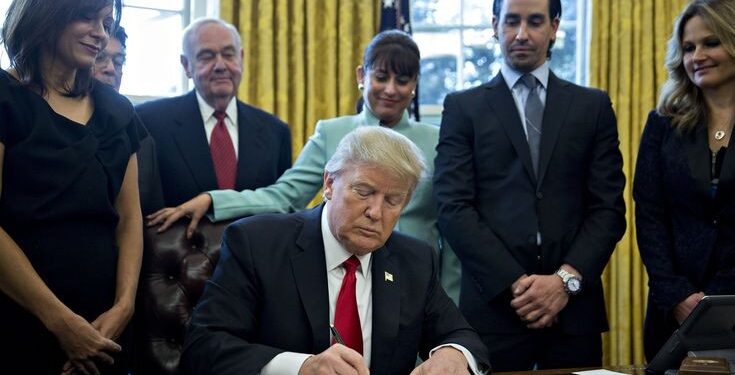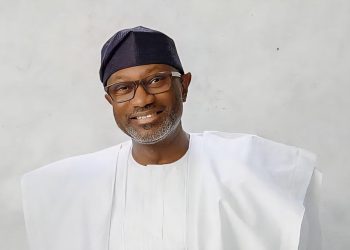U.S. President Donald Trump announced his intention to halt all future funding to South Africa, claiming that the country is involved in widespread land confiscations and mistreatment of certain groups. Trump’s statement, issued on his social media platform, accused South Africa of enacting policies that constitute a massive human rights violation and warned that the United States would not tolerate what he termed as an unjust reallocation of property rights.
According to Trump, the new land reform legislation in South Africa is indicative of a broader trend where land is being expropriated from established owners without proper compensation. He argued that the policy disproportionately affects certain classes of people, undermining the principles of property rights and individual liberty. The president insisted that the funding cut would remain in place until a full investigation could be carried out to verify his claims.
South African President Cyril Ramaphosa responded swiftly to these allegations. In a pointed rebuke, Ramaphosa dismissed Trump’s interference, emphasizing that South Africa’s land policies are rooted in a long history of addressing the imbalances created by apartheid. “South Africa does not belong to Donald Trump. He must leave us alone. Stay out of our issues,” Ramaphosa stated. He further added that the land reform law is designed to rectify historical injustices and to promote a more equitable distribution of land a move aimed at fostering social justice and economic inclusion for all citizens.
The controversial land reform initiative, which permits the government to acquire land without compensation under specific conditions, has been a subject of intense debate both domestically and internationally. Critics, including some high-profile figures, argue that the policy risks destabilizing the economy and could lead to further divisions within society. Proponents, on the other hand, maintain that the measure is a necessary step towards redressing decades of inequality and marginalization of communities that were systematically disenfranchised during the apartheid era.
Historical Context and National Debate
Land ownership in South Africa has long been a contentious issue. For decades, a small segment of the population held the majority of the country’s land, a disparity that many believe is a legacy of colonialism and apartheid. The current land reform policies are part of a broader effort to correct these historical imbalances by redistributing land to those who have been deprived of it for generations. Government officials have stressed that the process is governed by strict legal frameworks and is intended to target unused or underutilized properties rather than to engage in arbitrary confiscation.
International Implications and Reactions
Trump’s decision to suspend funding, if implemented, could have far reaching consequences, particularly in sectors where South Africa has relied heavily on U.S. assistance. Programs related to public health, infrastructure, and development projects might face significant setbacks, which raises concerns among local and international observers about the potential humanitarian impact of such a move.


